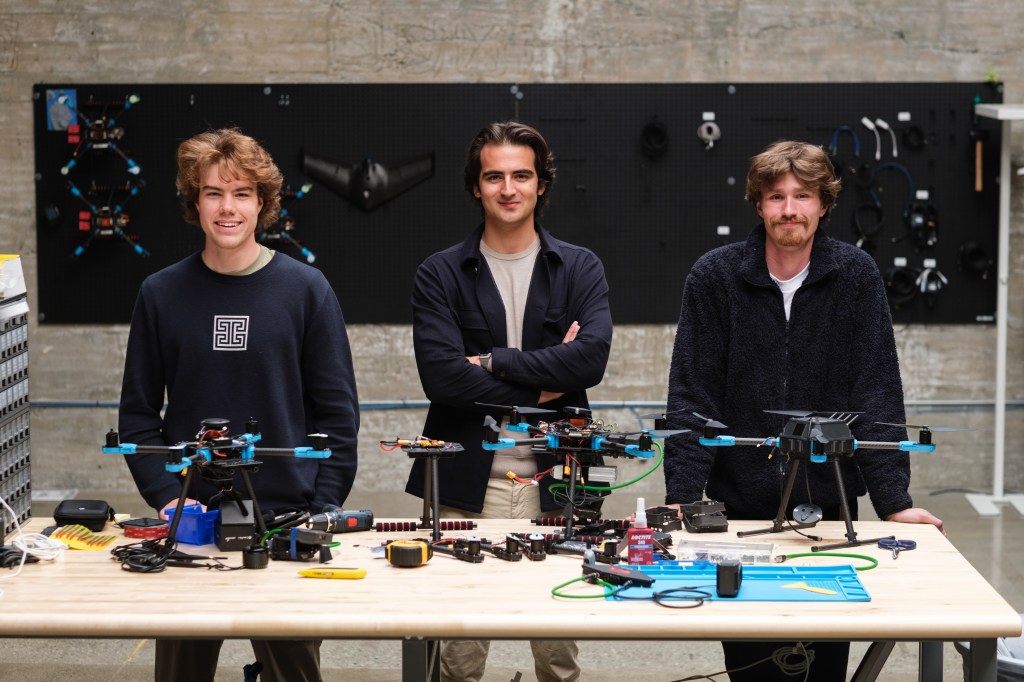In February 2024, a groundbreaking innovation emerged from a hackathon, where three young engineers—Ian Laffey, Sacha Lévy, and Carl Schoeller—developed a cost-effective drone capable of determining its coordinates without relying on GPS signals. This achievement was accomplished by integrating a camera with Google Maps, enabling the drone to navigate autonomously. Laffey shared their success on X (formerly Twitter), stating:
> We designed, 3D printed, and built a <$500 drone that calculates GPS coordinates without a signal using a camera + Google Maps in 24h. This innovation addresses a critical challenge in modern warfare: the susceptibility of GPS signals to jamming, a tactic increasingly employed in conflict zones like Ukraine. Traditional drones, dependent on GPS for navigation, become ineffective under such conditions. The alternative—manual operation using visual guidance—poses significant limitations, especially in adverse weather or low-visibility scenarios. Recognizing the potential impact of their creation, Laffey, Lévy, and Schoeller co-founded Theseus, a San Francisco-based startup dedicated to advancing GPS-independent navigation systems for military drones. Their innovative approach quickly garnered attention, leading to their acceptance into Y Combinator's Spring 2024 cohort. Theseus recently secured $4.3 million in seed funding, led by First Round Capital, with additional investments from Y Combinator and Lux Capital. This financial backing underscores the growing interest in defense technologies that enhance operational capabilities in GPS-denied environments. Unlike companies that manufacture drones, Theseus focuses on developing hardware components and software solutions that can be integrated into existing military drones, enabling them to operate autonomously without GPS. CEO Carl Schoeller emphasized that Theseus does not engage in developing targeting systems; their primary objective is to facilitate precise navigation from point A to point B. While Theseus has yet to secure formal contracts with the U.S. military or deploy its technology in active combat zones, the startup has initiated early testing and development collaborations with U.S. Special Forces. This partnership highlights the military's interest in adopting technologies that mitigate the vulnerabilities associated with GPS-dependent systems. The defense technology sector has witnessed significant growth, with venture capital investments reaching unprecedented levels. In 2024, defense tech startups raised approximately $3 billion across 102 deals, marking an 11% increase from the previous year. Notable investments include Anduril Industries' $1.5 billion Series F funding, valuing the company at $14 billion, and Helsing's $489 million funding round, valuing the AI defense software developer at $5.4 billion. Theseus' innovative approach positions it among a new wave of defense tech startups aiming to enhance military capabilities through technological advancements. By addressing the critical issue of GPS vulnerability, Theseus contributes to the broader effort of developing resilient and adaptable defense systems in an increasingly complex global security landscape.



